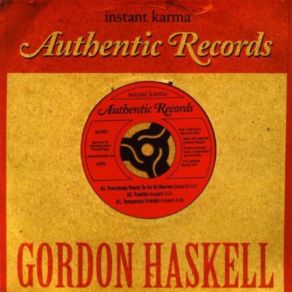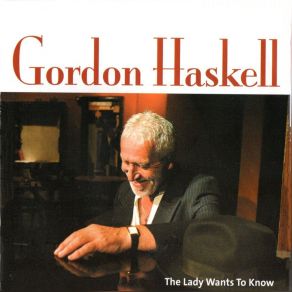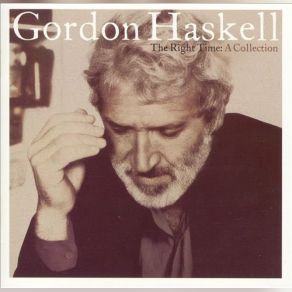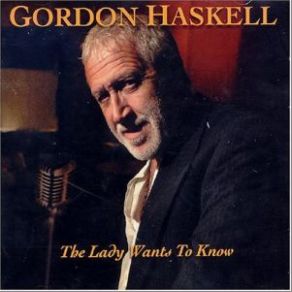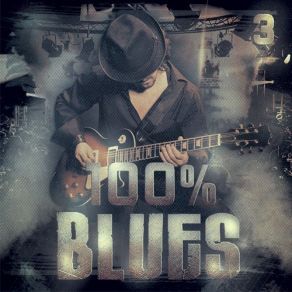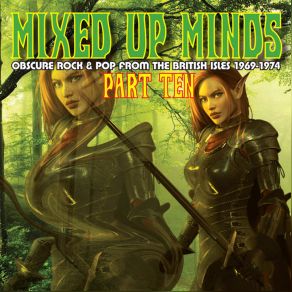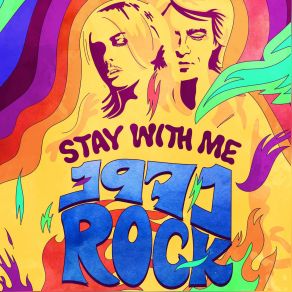Gordon Haskell
Wikimp3 information about the music of Gordon Haskell. On our website we have 22 albums and 15 collections of artist Gordon Haskell. You can find useful information and download songs of this artist. We also know that Gordon Haskell represents Rock genres.
Biography
[Edit]Gordon Haskell is usually thought of as a footnote in the history of King Crimson — the only lead singer in the group's long list of personnel who never played a single live date with the band, though he was with them long enough to cut most of an album (Lizard) and get one performance ("Cadence and Cascade") onto its predecessor. Otherwise, he's been an enigma even to many Crimson fans.
Haskell's history with Robert Fripp goes back to the days they spent together in the mid-'60s as members of the League of Gentlemen, a band that backed various American R&B stars on tour and cut a couple of singles. Haskell was also a member of a Liverpool band called the Quotations, formed by ex-Big Three bassist Johnny Gustafson (before he joined the Merseybeats), who recorded for English Decca ("Alright Baby" b/w "Love You All Over Again") in 1964. His main group affiliation for most of the mid-'60s was the Fleur de Lys, a somewhat lightweight psychedelic band who recorded at least once under the pseudonym of Shyster. Haskell passed through the lineups of Rupert's People and Cupid's Inspiration, and, as a member of the Fleur de Lys, also played on records by Bill Kimber, John Bromley, Sharon Tandy, and Terry Durham. By the end of the '60s, he was a solo act, trying to establish himself as a singer/songwriter, and released a pair of singles in 1969 and 1970, "Boat Trip" and "Oh-La-Di-Doo-Da-Day," and one LP, Sail in My Boat, all for British CBS.
In 1970, as his former League of Gentlemen bandmate Robert Fripp was struggling to keep his current group, King Crimson, viable in some form and complete a second album, Haskell joined the band as successor to bassist/singer Greg Lake, who was leaving the lineup to join Emerson, Lake & Palmer. After singing on one song for that album, In the Wake of Poseidon, he joined a new Crimson lineup and recorded most of the next album, Lizard. As was often the case with Crimson lineups in those days, however, Haskell didn't last — he and other members of the core band had left by the time Lizard was completed and released late in 1970, and he never worked live with the band.
Haskell cut a solo album, It Is and It Isn't, during 1973, and worked with such artists as Tim Hardin, Alvin Lee, and Van Morrison. His solo work tends to be in a folk-like, singer/songwriter vein, reminiscent of Gordon Lightfoot with something of a progressive rock edge and more humor, some of it very sardonic. Based in southern England at the end of the '90s, he concertized regularly in the Hampshire and Dorset areas, and he continued his recording career into the '90s with his albums Butterfly in China and Hambledon Hill. In 1993, he also teamed up with Mike Wedgewood (ex-Curved Air and Caravan) to tour Scandinavia. In the late '90s, Voiceprint Records' Blueprint label reissued Haskell's solo albums of the '60s and '70s on compact disc. The massively popular "How Beautiful You Are" hit British airwaves in the winter of 2001, announcing Haskell's comeback to music. Harry's Bar followed the next year, fully bringing him back into the public spotlight after years of inactivity. He later moved to a Greek island and proclaimed himself to be Greek, releasing the 2010 album One Day Soon under his newly adopted moniker of Gordon Haskell Hionides.
Title: Hambledon Hill
Artist: Gordon Haskell
Genre: Rock, Progressive Rock, Punk Rock, Songwriter/Lyricist
Title: Butterfly in China
Artist: Gordon Haskell
Genre: Rock, Progressive Rock, Punk Rock, Songwriter/Lyricist
Title: How Wonderful You Are
Artist: Gordon Haskell
Genre: Electronica, House, Dancefloor, Dance Pop, Songwriter/Lyricist
Title: One Day Soon
Artist: Gordon Haskell
Genre: Jazz, Rock, Songwriter/Lyricist, Contemporary Folk
Title: It's Me and You and Them and Us (Is There Anyone There?) - Single
Artist: Gordon Haskell
Genre: Pop
Title: Me and You and Them and Us (Is There Anyone There?) - Single
Artist: Gordon Haskell
Genre: Kids
Title: Serve At Room Temperature
Artist: Gordon Haskell
Genre: Rock, Folk Rock, Progressive Rock, Punk Rock, Songwriter/Lyricist, Psychedelic
Title: Shadows On The Wall
Artist: Gordon Haskell
Genre: Blues, Rock, Blues Rock, Progressive Rock, Punk Rock, World Music, Songwriter/Lyricist, Folk
Title: The Right Time: A Collection
Artist: Gordon Haskell
Genre: Blues Rock, World Music, Pop Rock, Folk
Title: The Lady Want's to Know
Artist: Gordon Haskell
Genre: Rock, Folk Rock, Pop, Songwriter/Lyricist, Psychedelic
Title: It Is and It Isn't
Artist: Gordon Haskell
Genre: Rock, Folk Rock, Songwriter/Lyricist, Psychedelic
Collections
Title: Erotic Jazz Moments 2
Genre: Jazz
Title: Always And Forever CD2
Genre: Rock
Title: 100 Hits Love - 100 Romantic Classics CD 4
Genre: Pop
Title: 100 Hits - Love (CD4)
Title: 100 Hits - Mum (CD4)
Title: Wave Music Vol. 09
Genre: Jazz, Pop, Instrumental, Lounge, Smooth Jazz, Bossanova
Title: 100 Hits: Love
Genre: Pop
Title: 100 Hits: Mum
Title: 1OO% Blues Vol. 3 (CD2)
Genre: Blues, Rock, Blues Rock
Title: The Many Faces Of King Crimson (CD1)
Genre: Rock, Progressive Rock, Progressive Metal
Title: Mum The Collection 2017 (CD2)
Genre: Soul, Blues, Jazz, New Wave, World Music, Smooth Jazz, Folk
Featuring albums
Title: Mixed Up Minds, Pt. 10: Obscure Rock & Pop from the British Isles 1969-1974
Artist: Various Artists
Genre: Rock
Title: Michael Tilson Thomas Conducts Gershwin
Artist: Michael Tilson Thomas
Genre: Orchestral, Classical, Orchestral
Title: Tender Summer Jazz, Vol. 3 (Best of Smooth & Modern Summer Jazz)
Artist: Various Artists
Genre: Jazz
Title: Singing Through the Wall. Songs for Western Sahara
Artist: Various Artists
Genre: World Music, Alternative, Songwriter/Lyricist













